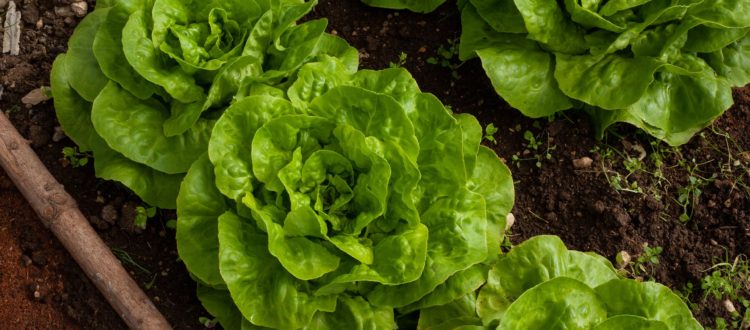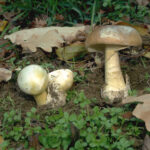
Spring is the time we like to get out into the garden especially as we might have more time for gardening during lockdown. It’s great to grow your own veggies, fruit and herbs as they are fresh and help our children understand where food comes from.
But the Food Safety Information Council is reminding people that you need to make sure your homegrown produce doesn’t get contaminated with food poisoning bugs and make you sick. Council Chair, Cathy Moir, said that you can avoid food poisoning risks by following these 5 simple food safety tips:
- Don’t let animals poop on your food plants. Keep your pets and chooks away from your veggie garden so they cannot poop on or around the food plants and be aware of trees and bushes overhanging your garden as bird droppings might contaminate your fruit or veggies. There have been food poisoning outbreaks traced back to bird droppings and contamination from other animals and pests.
- Compost safely. Veggies need lots of nutrients but make sure any compost is well composted as the heat generated by the composting process not only kills any weed seeds but also helps kill food poisoning bacteria. Prevent easy access to your compost bin by vermin and pests like mice and rats, which can spread disease, and don’t compost meat scraps which can attract vermin. You can also use reputable commercial compost and fertiliser mixes.
- Use clean water. If you want to recycle ‘grey’ water from the washing machine water it will contain microbes so don’t put it on to the edible parts of fruit, vegetables or herbs growing in the garden. Also, water from the washing up or dishwasher may have too much fat and other solids which can be bad for plant growth. Only use water you would drink directly on your fruit and vegetables.
- Locate your veggie beds in a safe spot. Locate your veggie patch and herbs in a convenient spot but choose a site away from potential hazards. For example, if you have an older building, avoid using soil that could have been contaminated by scrapings of lead paint from many years ago or soil close to the street where it might have been contaminated by leaded petrol. A recent Macquarie University study found about one-fifth of vegetable gardens across Australia are likely to produce food with unsafe lead levels. Preferably grow your veggies in a raised bed with new soil and away from the house or septic tanks.
- Follow instructions on garden chemicals. Weeds, bugs and fungi enjoy the Spring too. Minimise the use of garden chemicals like pesticides and herbicides and make sure you follow the directions on the label exactly. Don’t spray other areas of the garden in windy conditions in case the spray drifts onto fruit and vegetables. Some chemicals will have withholding periods you must follow before you harvest any fruit or vegetables that have been sprayed.
‘Remember after gardening to always wash your hands with soap and running water and dry them thoroughly as soil is likely to contain microbes – use a nailbrush to remove dirt from your fingernails. Don’t forget to wash and dry your fruit and vegetables before eating, too. Whole fruits and vegetables will be contaminated by soil on the surface. Scrubbing and washing them just before eating, under clean running water, will remove loose soil and may remove many bacteria and viruses, as can removal of the skin. If you are elderly, pregnant or have a poor immune system choose fruit and vegetables that are easy to clean and avoid curly leaf herbs and vegetables or rock melons that have a netted surface,’ Ms Moir concluded.
Note: Macquarie Uni study https://lighthouse.mq.edu.au/article/may-2021/vegesafe
Media contact:
Lydia Buchtmann, Food Safety Information Council, 0407 626 688 or info@foodsafety.asn.au



